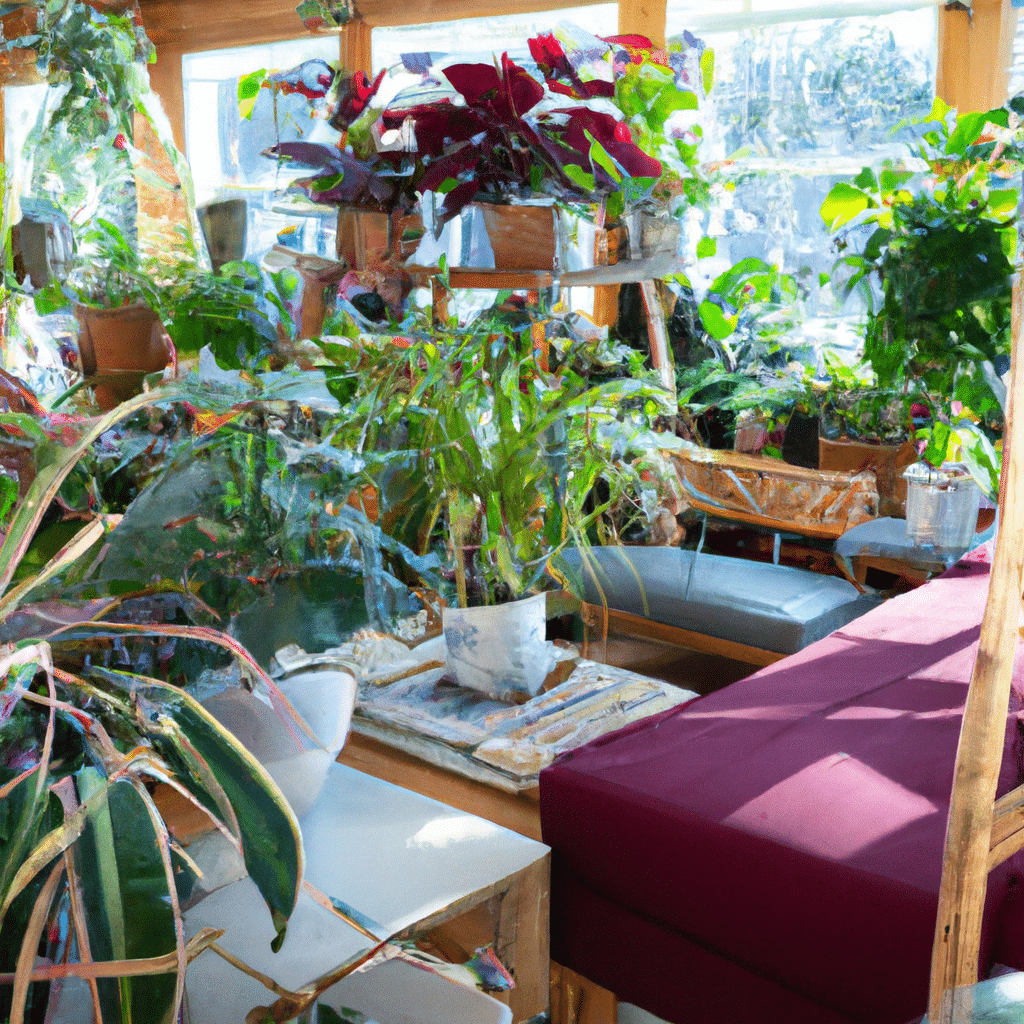When it comes to houseplants, there’s no denying the beauty and benefits they bring to our homes. From purifying the air to adding a touch of greenery to our living spaces, houseplants are a great way to enhance the ambiance of any room. However, keeping these plants healthy and alive can be a challenging task for many of us. In this article, we will discuss some tips and tricks to help you keep your houseplants alive and thriving.

Choosing the Right Plant
Before we get into the details of how to care for your houseplants, it’s essential to choose the right plant for your home. Different plants have different needs, and it’s crucial to select a plant that can thrive in the conditions you can provide. Consider the amount of light, humidity, and temperature in your home before choosing a plant. Some plants require direct sunlight, while others prefer indirect light. Similarly, some plants require high humidity, while others can tolerate dry air. Research the plants you’re interested in and select the ones that are best suited for your home.
Providing Adequate Light
Light is one of the most crucial factors for the growth and health of houseplants. Most plants require adequate light to photosynthesize and produce energy. However, the amount of light required varies from plant to plant. Some plants require direct sunlight, while others can thrive in low light conditions. It’s essential to determine the light requirements of your plant and provide it with the appropriate amount of light. If you have a plant that requires direct sunlight, place it near a south-facing window. If your plant prefers indirect light, place it near a north-facing window or in a shaded area.
Watering Your Plants
Watering is another critical factor in keeping your houseplants alive and healthy. Different plants have different water requirements, and it’s essential to understand the needs of your plant. Overwatering can be just as harmful as underwatering, so it’s crucial to find the right balance. Generally, most plants prefer well-draining soil that allows the water to drain out quickly. Water your plants when the top inch of soil is dry to the touch. Be sure not to let the soil dry out completely, as this can be harmful to your plant.
Humidity and Temperature
Humidity and temperature are two other factors that play a crucial role in the health of houseplants. Many houseplants thrive in high humidity conditions, while others can tolerate drier air. If your home is dry, consider using a humidifier to increase the humidity around your plants. Similarly, different plants have different temperature requirements. Most houseplants prefer temperatures between 60-75 degrees Fahrenheit. Avoid exposing your plants to extreme temperatures, such as near drafts or heating vents.
Fertilizing Your Plants
Fertilizing your plants is another essential aspect of plant care. Fertilizer provides the necessary nutrients that plants need to grow and thrive. However, it’s essential to use the right type of fertilizer and apply it in the right amount. Over-fertilizing can be harmful to your plant and cause leaf burn or other damage. Most houseplants require fertilization every 4-6 weeks during the growing season.
Repotting Your Plants
Repotting your plants is necessary when they outgrow their current container or their soil becomes depleted. When repotting, choose a container that’s slightly larger than the current one and use a high-quality potting mix. Be sure not to overwater your plant after repotting, as the new soil will retain more moisture than the old soil.
Conclusion
In conclusion, keeping your houseplants alive and thriving requires a bit of effort and patience. By choosing the right plant, providing adequate light, water, humidity, and temperature, fertilizing your plants, and repotting when necessary, you can ensure the health and longevity of your houseplants. Remember to research the specific needs of your plants and adjust your care accordingly. With a little love and attention, your houseplants will continue to bring beauty and joy to your home for years to come.

